
Almond milk is everywhere. You probably pour it in your coffee, whirl it into your morning smoothies, or just drink it straight out of the carton. Sure, it’s a little watery. But it’s made from almonds, so it MUST be good for you, right?
Well, maybe. A 2017 review in the Journal of Food Science and Technology actually found that soy milk, not almond milk, was the healthiest plant-based milk.
That said, all non-dairy milks like almond milk can play an important role in your diet. “Plant milks are a wonderful, versatile alternative to dairy milk for anyone who doesn’t tolerate milk, or is reducing animal food intake for dietary or animal ethics reasons,” says Sharon Palmer, RDN.
People often go for almond milk, specifically, because it’s mild in flavor and easy to tolerate digestion-wise, Palmer says.
Almond milk nutrition is…a little underwhelming.
Okay, but is almond milk actually good for you? Here’s the nutritional breakdown of unsweetened almond milk, per cup, per the USDA:
- Calories: 39
- Fat: 2.5 g
- Protein: 1.5 g
- Carbohydrates: 3 g
- Sugar: 2 g
- Calcium: 482 mg (48 percent of daily value)
Compare that to what you’ll get in a cup of unsweetened soy milk, per the USDA:
- Calories: 80
- Fat: 4 g
- Protein: 7 g
- Carbohydrates: 4 g
- Sugar: 1 g
- Calcium: 299 mg (30 percent of daily value)
And what’s in each cup of 2 percent dairy milk, according to the USDA:
- Calories: 123
- Fat: 5 g
- Protein: 8 g
- Carbohydrates: 12 g
- Sugar: 12 g
- Calcium: 295 g (30 percent of daily value)
But there are some benefits of almond milk.
First, the perks: Almond milk is low in calories and fat, making it a great base for a number of dishes. “Its neutral flavor with a hint of nuttiness and creamy mouthfeel lends itself well to soups, sauces, dressings, baked goods, and smoothies,” says Kara Lydon, RD, LDN, Owner of Kara Lydon Nutrition and The Foodie Dietitian Blog.
The downside is that it’s low in protein. Almond milk has only 20 percent of the protein you’ll get from a glass of soy milk, and 18 percent of what you’ll get from a glass of low-fat milk.
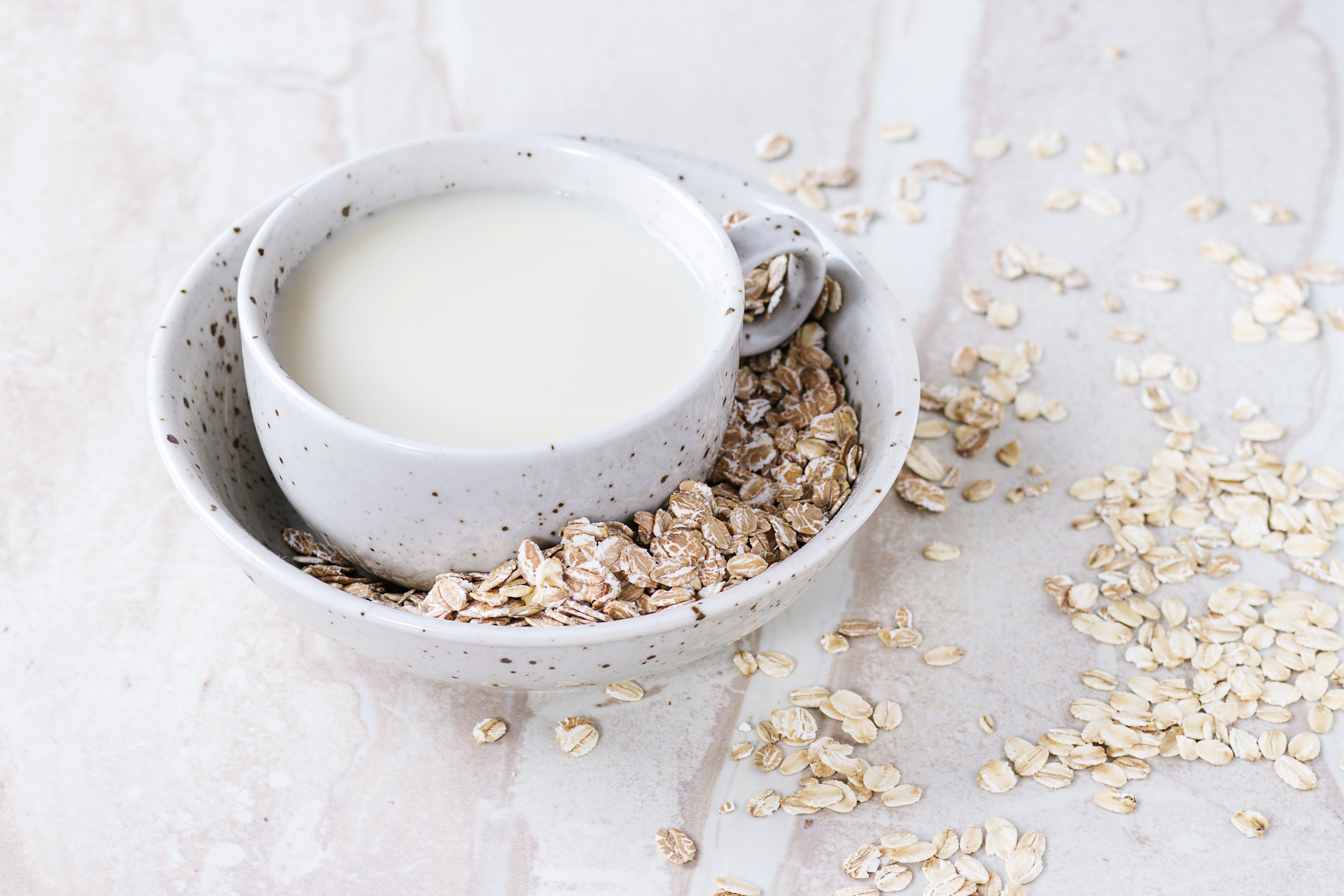
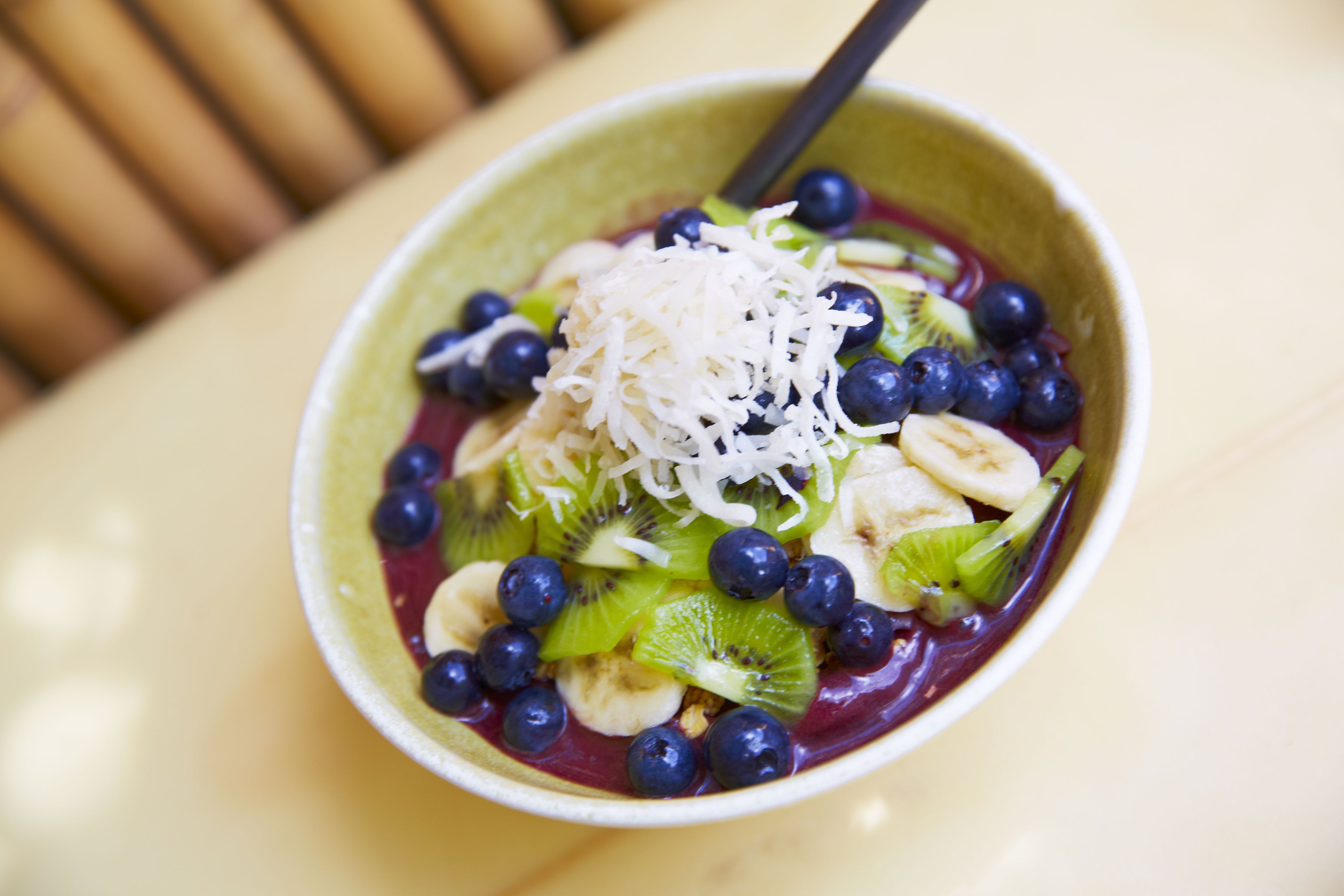
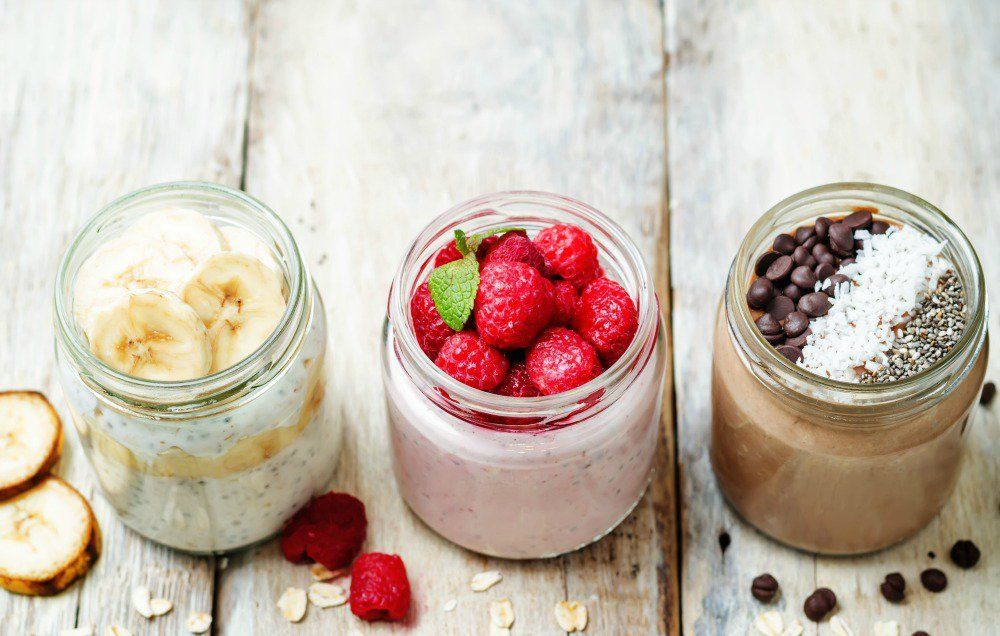
That’s because while almonds themselves are rich in protein, “few almonds are in each serving,” says Palmer (in some cases, they make up just 2 percent for the whole drink, according to Business Insider).
However, some almond milks are protein-fortified, meaning they have added pea protein in the mix to give the drink more satiating power.
As for calcium, this will vary brand to brand—differing from 10 to 45 percent of your daily need, says Palmer—depending on whether or not calcium is added during fortification.
So, what are the best almond milks to buy?
If you go for plant-based milks on occasion and not as a main source of nutrients like calcium or protein, then almond milk is totally fine, says Palmer. “But if you rely on plant milks as an important part of your diet—if you’re a vegan or avoiding all dairy—choose one that’s nutrient-rich and fortified to provide you with a good source of protein, calcium, and vitamin D,” she says. Ideally, that means it meets 20 percent or more of the daily value. And not all almond milks fit this criteria, so read the label carefully to make sure you’re making the best choice.
Once the nutrition is on point, go by taste and texture to find the best almond milk for you. Here are four that fit the bill, according to Lyndon:
 FitFoodieFinds
FitFoodieFinds
Almond Butter Banana Bread Muffins
Dairy-free baking made easy. These healthy almond muffins combine almond butter, almond milk, and whole-wheat flour for a healthy breakfast bite or afternoon snack.
Get the recipe
Per serving (1 muffin): 196 calories, 9 g fat, 12 g sugar, 24 g carbs, 3 fiber, 5 g protein
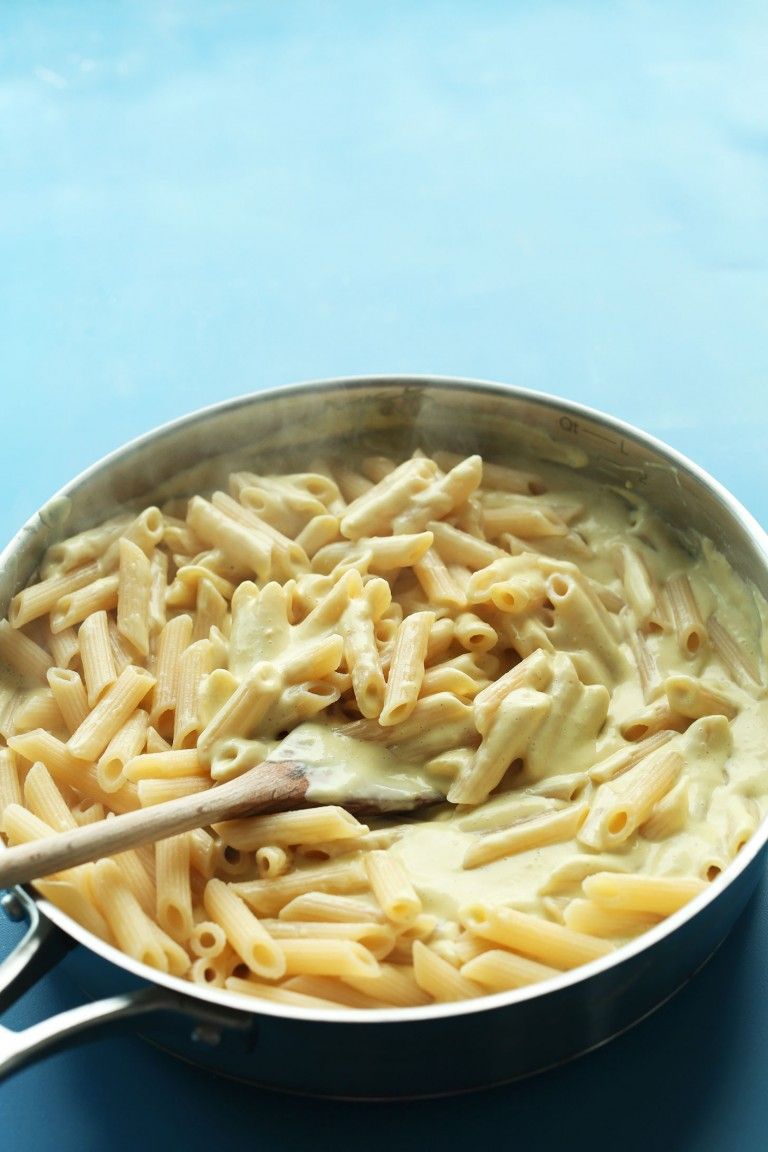 Minimalist Baker
Minimalist Baker
Vegan + Gluten-Free Mac-N-Cheese
It turns out super creamy, dreamy—and cheesy (but it’s dairy-free). Genius. This will be your new go-to when you’re craving some comfort food, sans diary.
Get the recipe
Per serving: 523 calories, 23.2 g fat (3.7 g saturated), 316 mg sodium, 67 g carbs, 8.6 g fiber,1.9 g sugar, 13.5 g protein
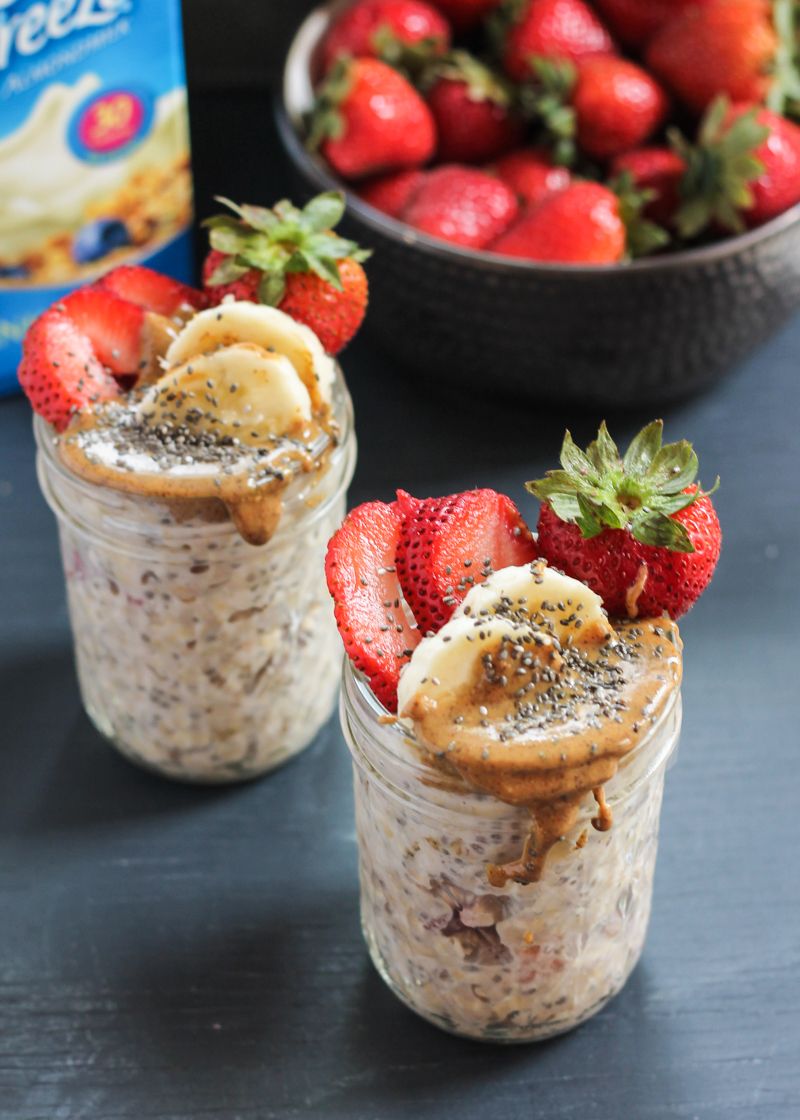 Ambitious Kitchen
Ambitious Kitchen
Almond Butter, Strawberry & Banana Overnight Oats with Chia
Honestly, everyone needs a good overnight oats recipe in their life. This recipe checks that box. Bursting with nutritious chia seeds, almond butter, and plenty of fruit—this one’s a breakfast superstar.
Get the recipe
Per serving (one jar): 410 calories, 15.6 g fat (1 g saturated), 56 g carbs, 14.9 g sugar, 12.2 g fiber, 18.2 g protein
Source: Read Full Article